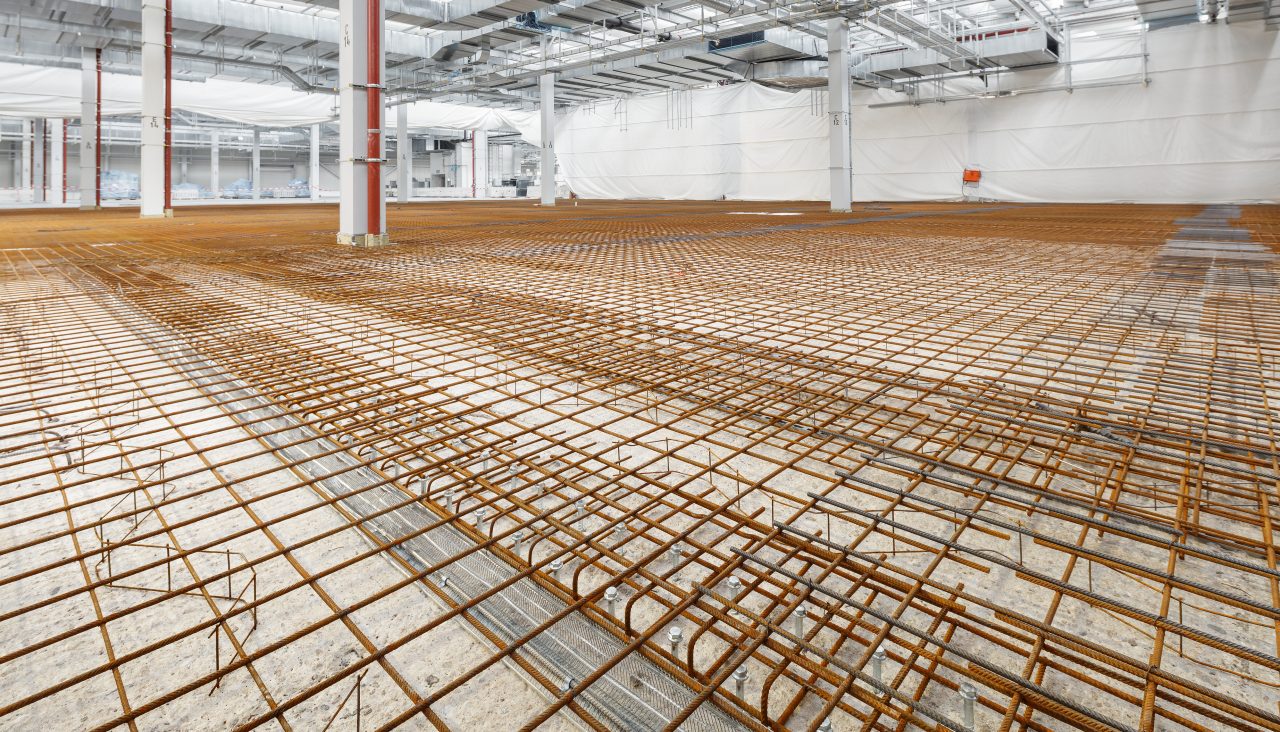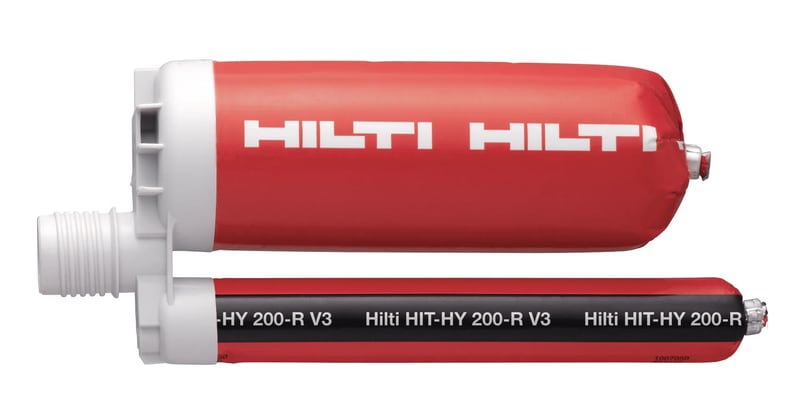- Home
- Engineering
- Design Center
- Post Installed Rebar
- OVERLAY

OVERLAY
Concrete overlays increase the cross-sectional thickness of an existing member by connecting a new layer with headed bonded or mechanical shear connectors, thereby enhancing sectional capacity, stiffness, and ductility. The shear transfer at the interface and the required connectors is strongly influenced by the interface’s roughness.
Qualification per EAD 332347

EAD 332347 assess the performance and behavior of headed post-installed bonded or mechanical shear connector in connecting two concrete layers subject different installation, environmental, and loading conditions. The connector must ensure monolithic behavior. The corresponding ETA provides data for use in design.
Relevant Products:
Design of Concrete Overlays

Design follows the provisions of EOTA TR 066 and is centered on calculating the resistance of the entire interface based on the contributions of the mechanical interlock, friction, and dowel action of the connectors. The resistance of the connectors in new & existing concrete to steel- and concrete-relevant failures also plays a vital role, and these too must be checked in accordance to Technical Report (TR) 066.
In this connection, the designer must specify the roughness class desired at site since this strongly influences the interface design. The roughness class may be determined by the “sand patch” or “mean depth” method, or through optical profilometry.



